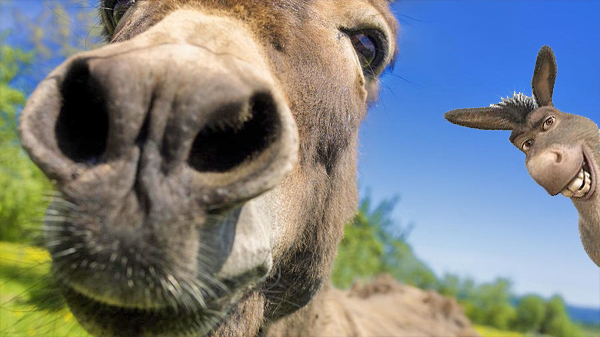 Cape Town – There’s a fair share of fraudulent meat products on the South African market, according to a new study by meat scientists from Stellenbosch University.
Cape Town – There’s a fair share of fraudulent meat products on the South African market, according to a new study by meat scientists from Stellenbosch University.
The study found that anything from soya, donkey, goat and water buffalo were to be found in up to 68% of the 139 minced meats, burger patties, deli meats, sausages and dried meats that were tested. In other cases, even undeclared plant matter was detected.
These ingredients were not declared on the products’packaging labels, the study found.
The findings follow in the wake of various international food produce scandals that have made headlines.
“Our study confirms that the mislabelling of processed meats is commonplace in South Africa and not only violates food labelling regulations, but also poses economic, religious, ethical and health impacts,”said Professor Louw Hoffman of the Department of Animal Sciences.
The products tested were collected from retail outlets and butcheries.
Of the 139 samples tested, 95 (68%) contained species which were not declared on the product labelling. The scapegoats in general were sausages, burger patties and deli meats.
Soya and gluten were found in 28% of the samples, without being identified specifically as plant material on the labels of the specific meat products.
A strong case of meat substitution was also reported. Pork (37%) and chicken (23%) were the most commonly detected animal species in products that were not supposed to contain them.
“Unconventional species such as donkey, goat and water buffalo were also discovered in a number of products,” said Hoffman.
The researchers used various DNA-based molecular techniques to evaluate the extent of meat product mislabelling.
“Our findings raise significant concern on the functioning of the meat supply chain in South Africa,” said Hoffman. “Even though we have local regulations that protect consumers from being sold falsely described or inferior foodstuffs, we need these measures to be appropriately enforced.”
“Clearly, our consumers cannot generally accepted that the meat products they buy are correctly labelled,” said Dr Donna-Maree Cawthorn, who believes that the entire local meat industry needs to take more responsibility in complying with relevant regulations.
“The meat industry’s failure to provide vital information on products may not only decrease consumer confidence in their organisations, but also in the meat industry as a whole.
She believes that targets must be set to improve meat labelling practices and to address the adequacy of authentication monitoring methods. “I do not believe that the current penalties issued for non-compliance are sufficient to deter fraudulent practices.”
The study was published in the international Food Control journal, and was done by Dr Donna-Maree Cawthorn and Professor Louw Hoffman of the Stellenbosch University Department of Animal Sciences, in conjunction with Harris Steinman of the Food & Allergy Consulting & Testing Services (F.A.C.T.S) in Milnerton.
Europe has in the past few weeks been rocked by a scandal
involving horsemeat falsely sold as beef. (AFP)
Related Articles
France acts on firm in horsemeat scandal
Horse-wary Britons spurn all meat
Meat scandal tentacles reach into SA
Horsemeat scandal: SA safe
Horsemeat scare hits UK consumers hard
Could you be eating horsemeat?
-news24
If you have been called a Donkey at any stage you may just end up my next Burger (lol)
I am still doing a lot of Donkey work, maybe I should wear a sign:






In the European countries, it is horse meat found in products declared as beef. The newest scandal, however, are bio eggs. Bio means natural environment outdoors for hens. Declared as bio product and sold for the highest prices. A big fat lie to the consumer: masses of hens were held in very little cages – overcrowded – by at least 200 egg sellers. (I was going to write producers, but eggs are still produced by hens and not by humans, lol).
Patty Patrick